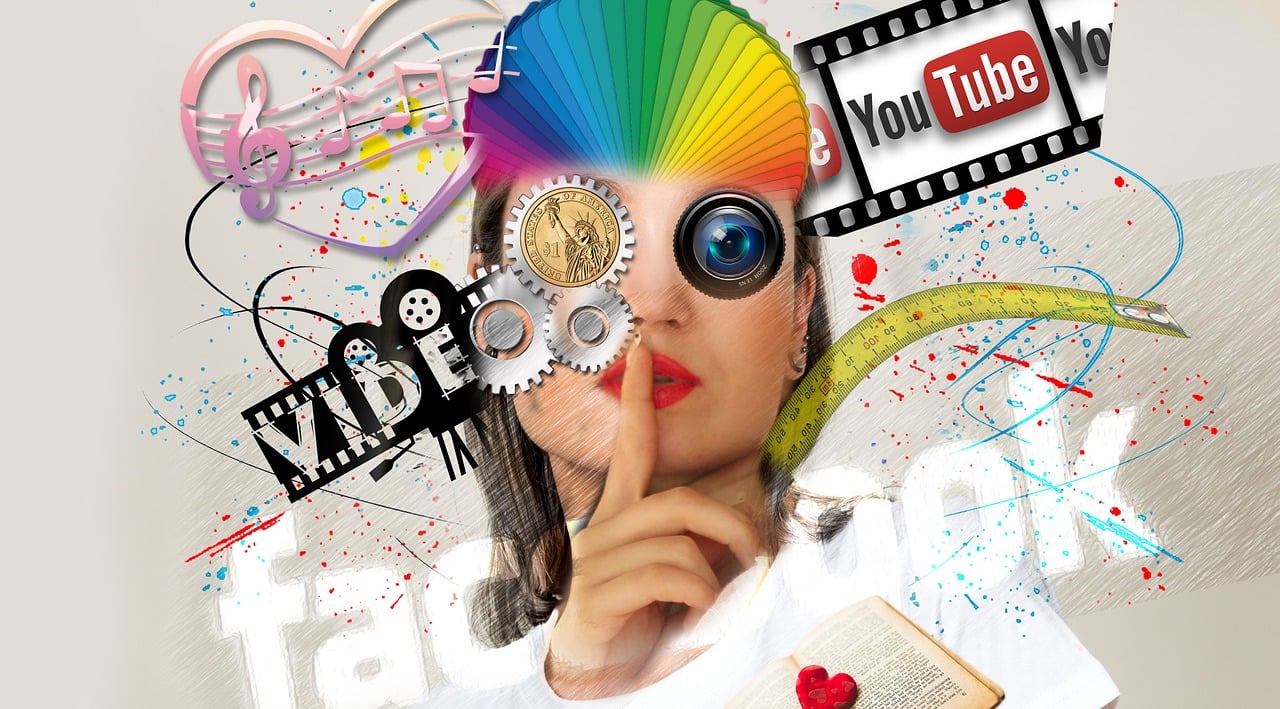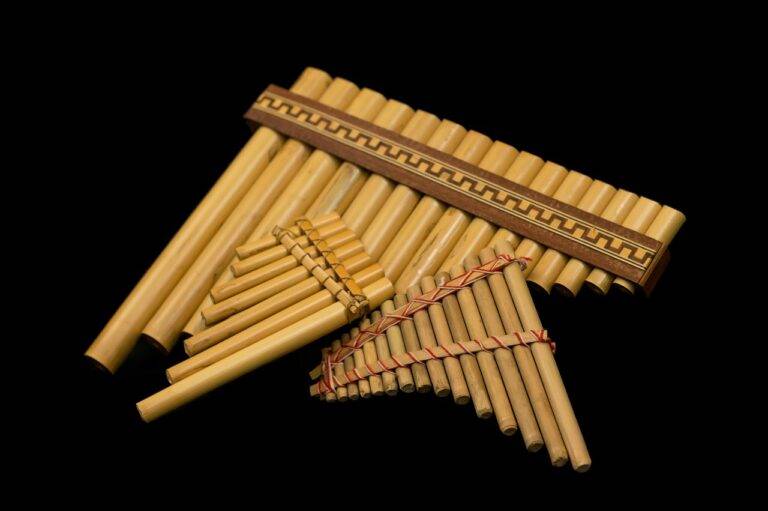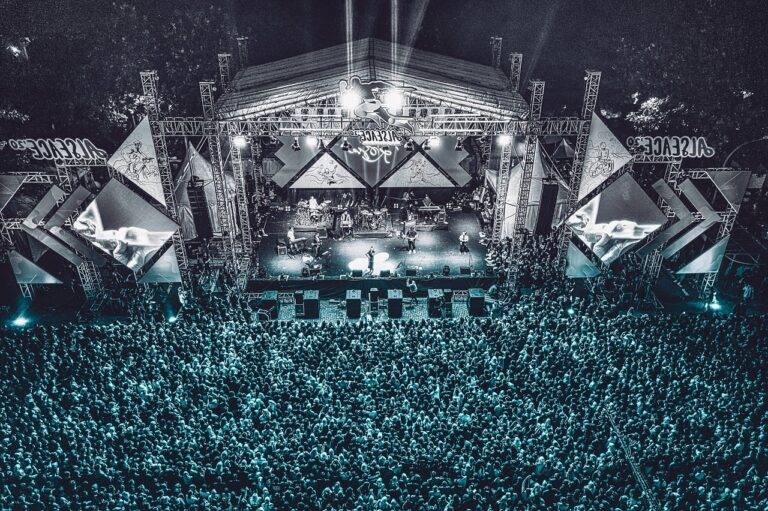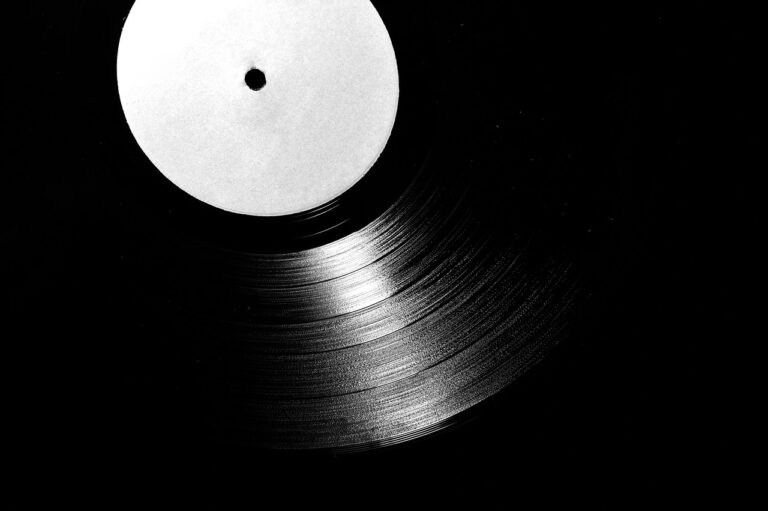The Future of AI-Generated Music: From Composition to Performance
Artificial intelligence has significantly transformed the landscape of music composition in recent years. Through complex algorithms and neural networks, AI systems can analyze vast amounts of musical data to generate original compositions in various styles and genres. This innovation has not only accelerated the creative process for musicians but also expanded the possibilities of musical experimentation and exploration. With the ability to compose music at a rapid pace, AI has blurred the lines between human and machine creativity, raising questions about the future of music production and artistic expression.
Moreover, AI in music composition has enabled composers to break free from traditional constraints and explore unconventional musical ideas. By leveraging machine learning capabilities, AI systems can generate intricate compositions that push the boundaries of traditional music theory and structure. This dynamic approach to music creation has opened up new avenues for collaboration between artists and AI, inspiring innovative and groundbreaking works that challenge existing notions of musical composition. As AI continues to evolve and refine its composition capabilities, the music industry is poised to witness a renaissance of creativity and innovation, ushering in a new era of musical expression and experimentation.
Evolution of AI in Music Generation
As technology continues to progress, the evolution of artificial intelligence (AI) in music generation has been nothing short of remarkable. Initially, AI entered the music scene by assisting composers with menial tasks like chord progressions or melody variations. However, with advancements in machine learning and deep neural networks, AI has now moved beyond mere assistance to become a full-fledged composer in its own right.
AI algorithms have been trained on vast datasets of musical compositions, allowing them to analyze patterns, styles, and structures of different genres. This level of understanding has enabled AI to not only imitate existing musical styles but also to create entirely new pieces that push the boundaries of creativity. From generating catchy pop tunes to composing intricate symphonies, AI in music generation has revolutionized the way we perceive the role of technology in the creative process.
Challenges in AI-Generated Music Performance
One of the key challenges in AI-generated music performance lies in creating authentic emotional expression. While AI algorithms can produce music that is technically proficient, conveying genuine emotion and nuance remains a complex task. This limitation often results in music that lacks the depth and subtlety that human musicians are capable of expressing.
Another obstacle in AI-generated music performance is achieving a seamless integration of human and machine collaboration. While AI can assist in generating musical ideas and even complete compositions, blending these elements with human musicianship and interpretation is a delicate balance. Striking the right mix where the AI’s contributions enhance rather than overshadow the human touch is an ongoing challenge in the pursuit of creating truly captivating and engaging musical experiences.
Achieving authentic emotional expression is a key challenge in AI-generated music performance
AI-produced music often lacks the depth and subtlety of human musicianship
Seamless integration of human and machine collaboration is another obstacle in AI-generated music performance
Balancing AI’s contributions with human musicianship to create captivating musical experiences is a delicate task
What is AI in music composition?
AI in music composition refers to the use of artificial intelligence algorithms to create music, either by generating melodies, harmonies, rhythms, or entire compositions.
How has AI evolved in music generation over the years?
AI in music generation has evolved from basic pattern recognition algorithms to sophisticated deep learning models that analyze vast amounts of musical data to create original compositions.
What are some challenges in AI-generated music performance?
Some challenges in AI-generated music performance include capturing human emotion and expression in music, ensuring seamless transitions between different musical elements, and producing music that feels authentic and engaging to listeners.
Can AI-generated music ever replace human musicians?
While AI-generated music has made significant advancements, it is unlikely to completely replace human musicians. Human musicians bring unique creativity, emotion, and interpretation to their performances that AI may struggle to replicate.
How can musicians and AI technology work together in music creation?
Musicians can use AI technology as a tool for inspiration, exploration, and collaboration in music creation. By combining human creativity with the computational power of AI, new and innovative musical possibilities can be explored.







